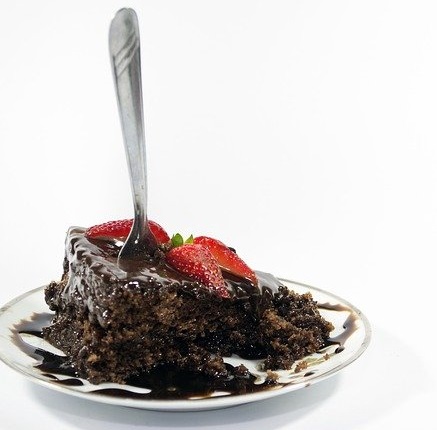Ask Dr. Barb: Strategies to avoid eating for comfort
 Monday, March 1, 2021 at 12:27PM
Monday, March 1, 2021 at 12:27PM  Make and keep a sensible shopping list to avoid foods that trigger out-of-control eating. Pixabay photoDear Dr. Barb,
Make and keep a sensible shopping list to avoid foods that trigger out-of-control eating. Pixabay photoDear Dr. Barb,
I am a single person who enjoys cooking and baking, but I fear that I have become obsessed with food. During the pandemic, I have been working from home, unable to travel, get together or go out with friends. I find that I am almost always thinking about what I am going to eat. Having a good meal seems to be my only pleasure these days, and eating is sometimes the only thing I have to look forward to. Even with the vaccine, I worry that it might be difficult to break this pattern. I do exercise regularly, but I am afraid that eating constantly will soon catch up with me. Could my focus on food be a sign of depression? Do you have any suggestions that might help?
Dear Reader,
Surveys are showing how the social isolation and the uncertainty of how to stay safe in the ongoing pandemic are taking its toll mentally. Now more than ever, individuals are struggling with feelings of anxiety, sadness and anger. Consequently, alcohol and drug abuse are on the uptick, as well as overeating and over exercising.
In your case, working from home, living alone and cut off from enjoyable social routines, you must be feeling some or all of the depressive symptoms mentioned. It seems that the routine of eating has become a source of emotional comfort for you. Without accessing other sources of pleasure, you turn to eating, which allows for temporary escape and immediate reward.
Nevertheless, when life suddenly seems so out of control, the focus on food as a sole source of pleasure can go too far. Eating then turns to be obsessive and, like any other addictive behavior, it becomes compulsive in nature.
